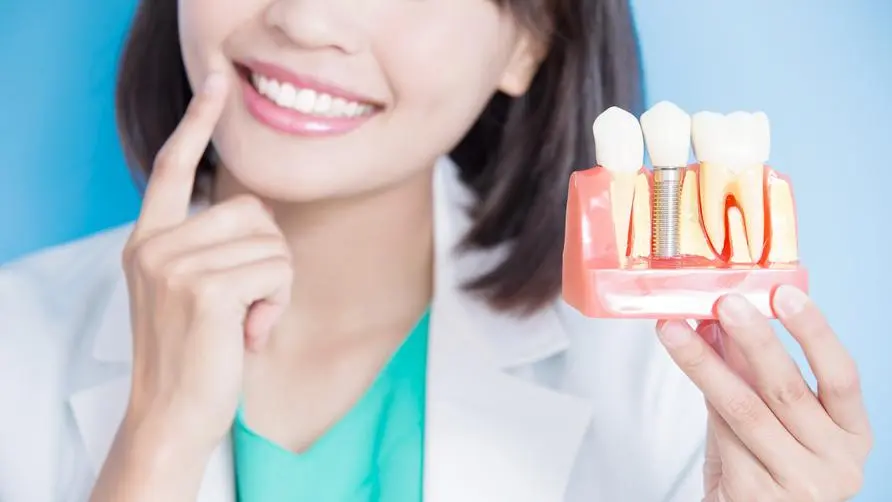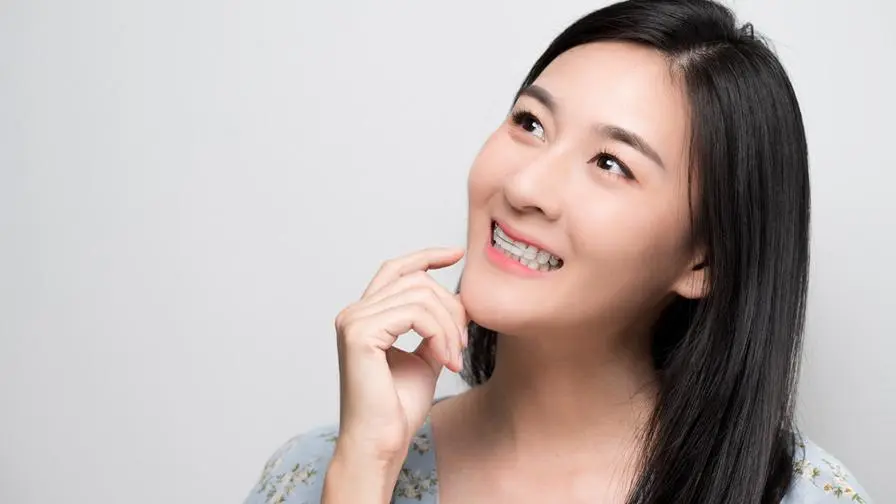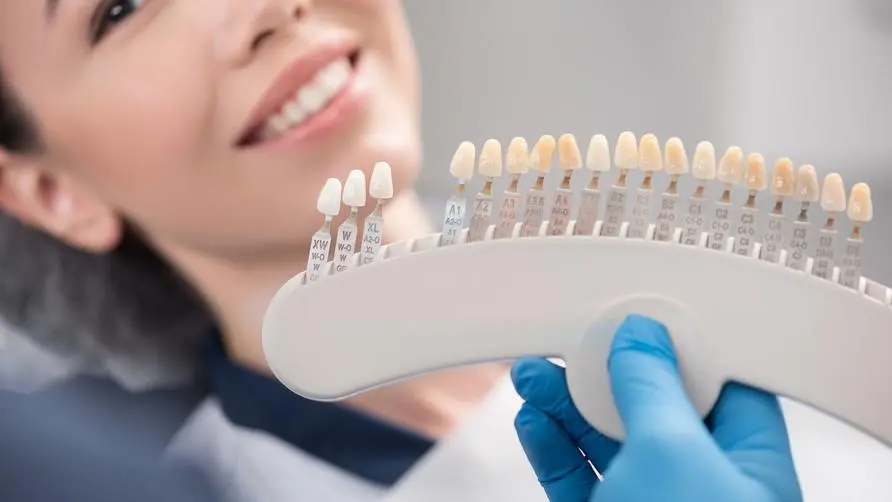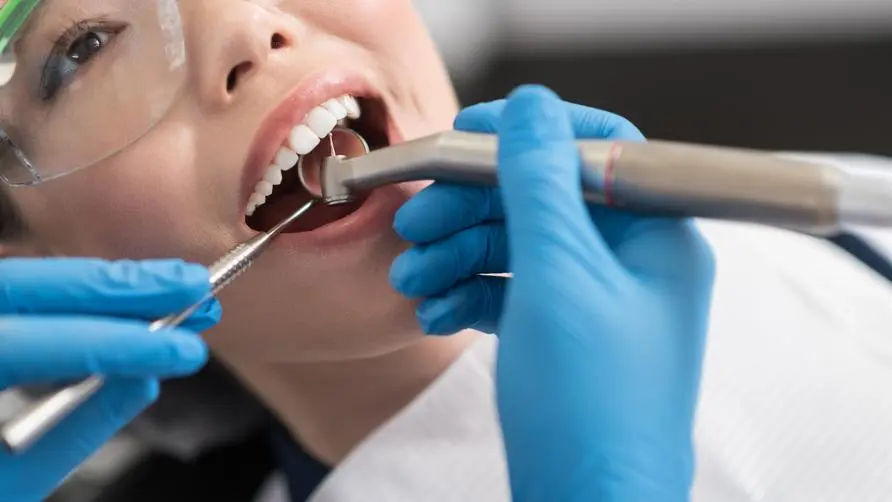Can wearing braces improve the "chin line"? Invisible braces not effective? You should know these "correct concepts" before correction
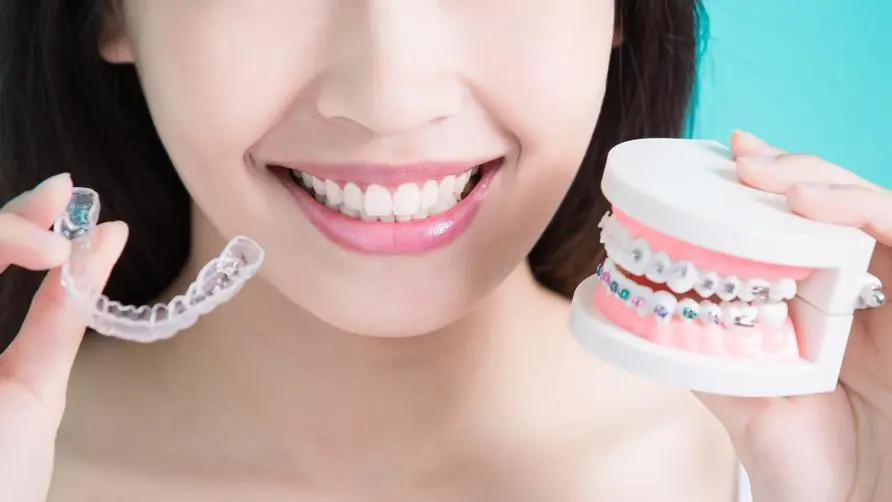
Can wearing braces straighten your teeth and “shape your face”? Does maxillary recession make facial features deeper?
Orthodontic treatment can improve protruding teeth, irregular teeth and malocclusion. In recent years, more and more people are willing to receive orthodontic treatment. This website interviewed people on the spot and found that many people indeed said that wearing braces has improved their appearance. Not only did they gain recognition, but they also became more confident.
In an exclusive interview with “healthorn”, Dr. Zeng Whiting of Wanmei Juepin Dental Clinic said that the oral cavity occupies about one-third of the face area, and for patients with protruding upper jaw bones or upper rows of teeth, wearing braces can help the upper jaw bones return to their original positions and the teeth become more reshaped. It must be neat and tidy, which can also improve the bite. Dr. Zeng Whiting explained that adjustments to the oral structure may indeed affect the patient’s facial contours. As long as they receive professional treatment, they can often improve their appearance and help patients increase their self-confidence.
In recent years, many correction patients can be seen on the Internet sharing photos of their improved facial shapes. Many patients have also improved their original “double chin” after correction, and their jaw lines have become more distinct. Dr. Zeng Huiting explained that the time for orthodontic treatment can be as short as half a year and as long as two to four years. During this period, patients may suffer from tooth soreness due to wearing braces and chewing food. They may also experience a loss of appetite, which may lead to a reduction in facial muscles or fat. This will lead to " The phenomenon of “wearing braces and losing weight”.
Which one is better, traditional braces or invisible braces? Dentist reminds that “cooperation” is the key
Dr. Zeng Whiting reminds that the golden period for wearing braces is between the ages of 12 and 15. In adolescence, bones are still developing, and treatment for teeth and protruding upper jaw is most effective during this period. However, adults can also receive orthodontic treatment, but their oral structure has already been established, so it may take longer than that of adolescents, and the effect of orthodontic treatment is likely to be limited. The doctor said that if you are not satisfied with the correction results, you should fully communicate with the dentist and adjust the correction direction.
During orthodontic treatment, patients may have difficulty chewing and have sore teeth or gums. Traditional braces are also more obvious in appearance because they are fixed on the outside of the teeth. Dr. Zeng Whiting pointed out that in response to the needs of different patients, the current orthodontic braces are roughly divided into three types: invisible braces, lateral braces and hidden lingual braces. If patients have aesthetic concerns, they can use lingual braces or invisible braces for treatment.
Many people will ask whether the effect of invisible braces is different from traditional braces? Dr. Zeng Whiting explained that if the invisible braces aligners are worn correctly for more than 20 hours a day, the correction speed will not be slower than that of ordinary braces. However, because the invisible braces can be removed at any time, patients can easily forget to wear them, causing the correction effect to be compromised and the correction to be elongated. Time, therefore the speed and time of correction, depends more on the patient’s cooperation.
Dr. Zeng Whiting said that when the degree of cooperation is low, hidden lingual braces will be more effective than invisible braces and more beautiful than traditional lateral braces. However, it should be noted that lingual braces are prone to foreign body sensation, and the wires of the braces may scratch the tongue. Patients who need correction should fully communicate with the dentist before receiving treatment to find the most suitable treatment method for them.

